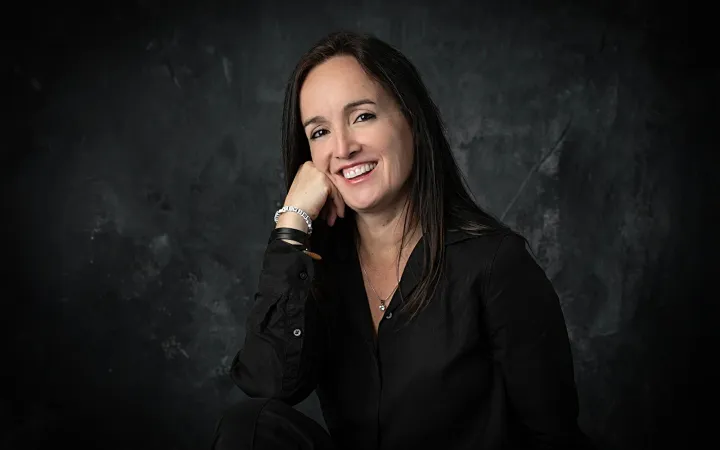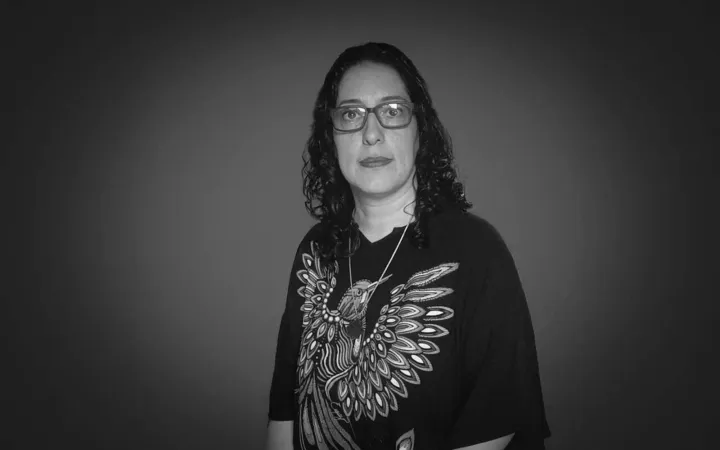
Por Pamela Cerdeira
Recuerdo poco de mi niñez, pero hay algunas escenas tan vívidas que podría tocarlas; mi mamá regalándome una colección de cuentos infantiles porque me fue bien en la clase de natación es uno de ellos. Los devoré. Aunque uno en especial me generaba una mezcla entre fascinación y morbo: La vendedora de fósforos, de Hans Christian Andersen. No entendía cómo era que un cuento para niños pudiera tener un final tan triste. Las edulcoradas versiones de Disney a los clásicos hablaban de la muerte, pero al inicio de sus relatos, nunca al final, el final era siempre feliz y con un príncipe al lado. Pero la vendedora de fósforos, una niña unos pocos años mayor que yo cuando lo leí, moría, y moría de frío, no había príncipe sino su abuela, o la imagen de su abuela muerta producto de la alucinación por inanición y no había un solo final alternativo por suceder, y eso me maravilló.
En mis veintes comencé a leer Mujeres que Corren con Lobos, de Clarissa Pinkola Estés, psicoanalista, poeta, cantadora y guardiana de antiguos relatos, como ella misma se describe en su libro. Ella sostiene que “los cuentos de hadas, los mitos y los relatos proporcionan interpretaciones que aguzan nuestra visión y nos permiten distinguir y reencontrar el camino trazado por la naturaleza salvaje. Las enseñanzas que contienen nos infunden confianza: el camino no se ha terminado sino que sigue conduciendo a las mujeres hacia el conocimiento cada vez más profundo de sí mismas. El capítulo de Barba Azul me hizo ver mi propio “cuento de hadas” y la explicación de Clarisa sobre la importancia de seguir nuestra intuición y aprovechar el momento para escapar y volver a nosotras mismas le dio un vuelco a mi vida. Un libro que no terminé de leer, me salvó.




